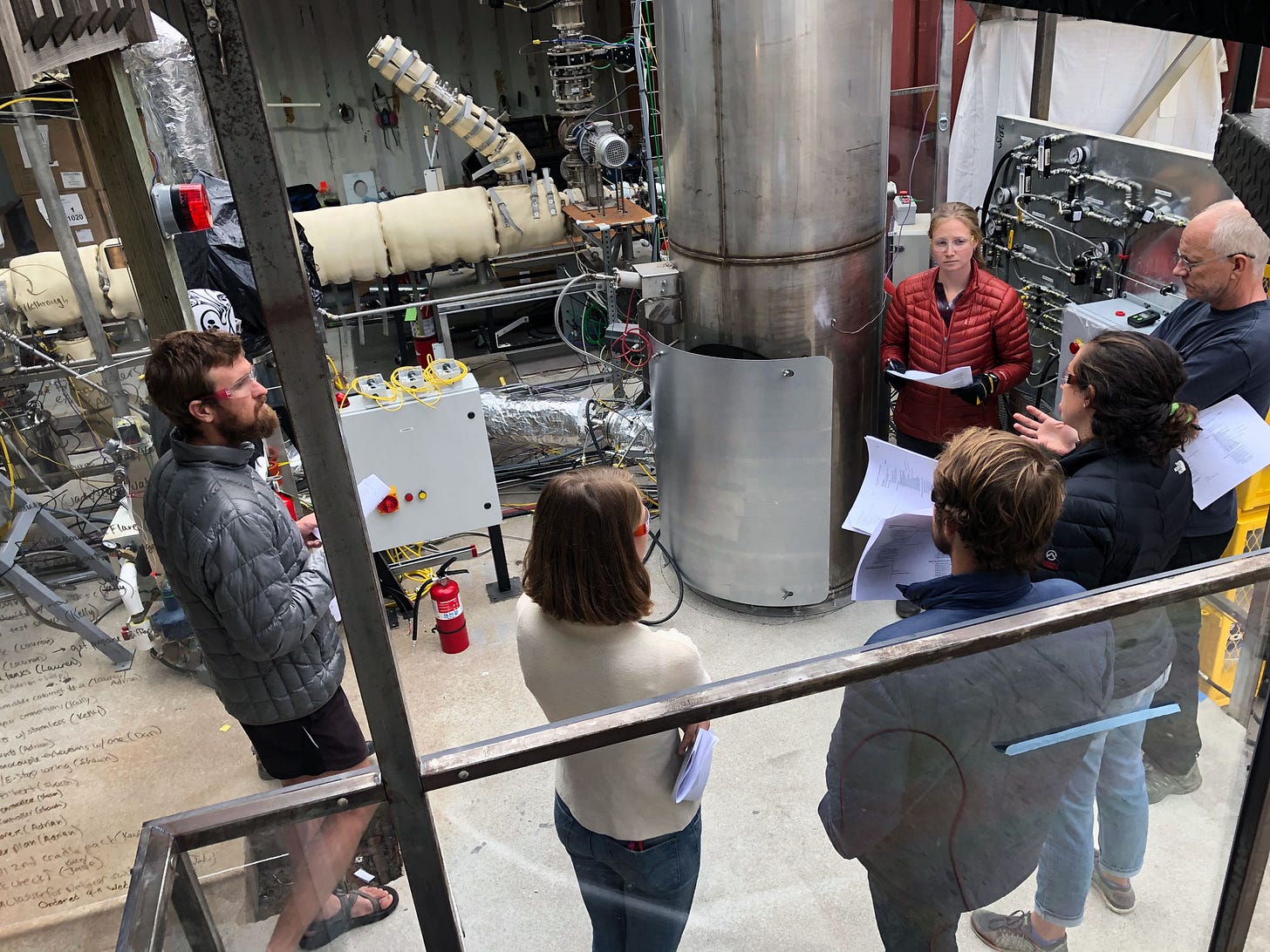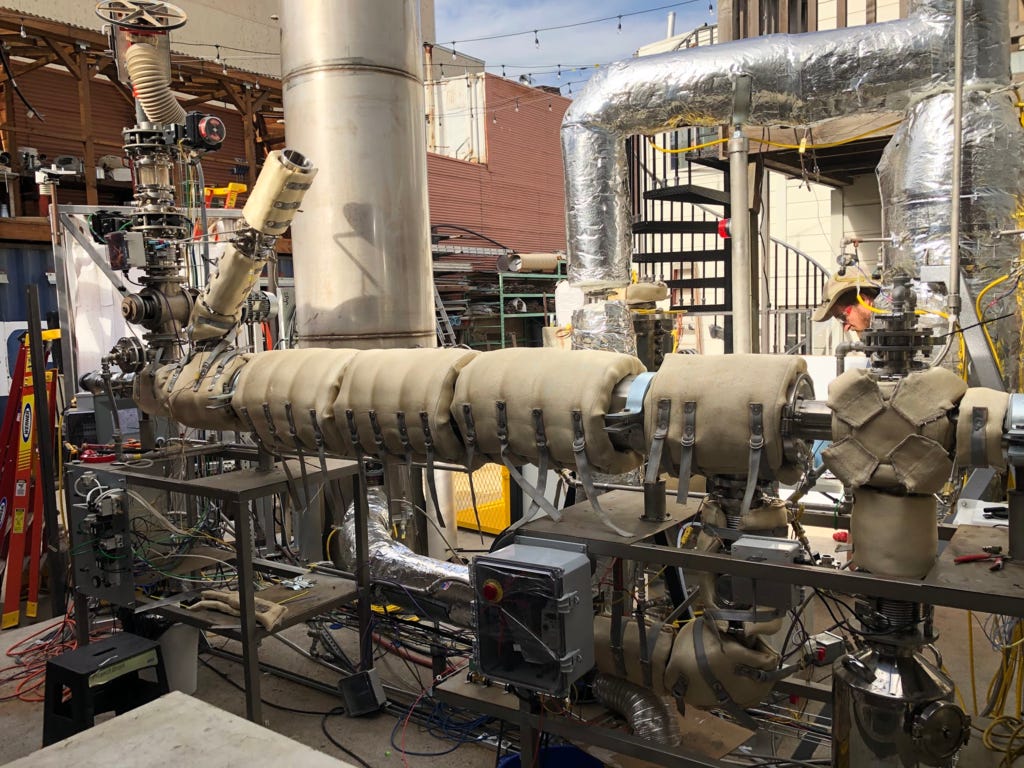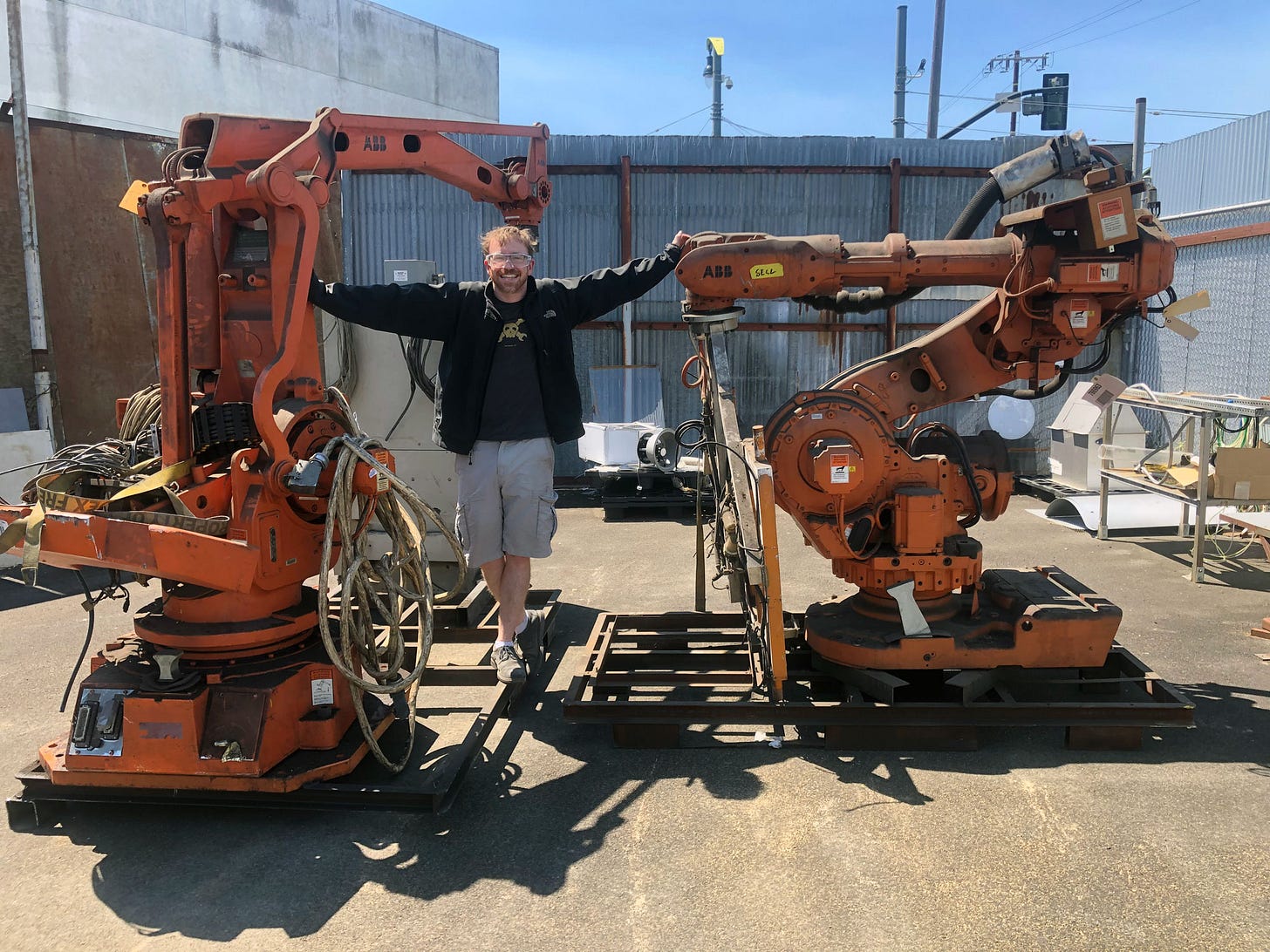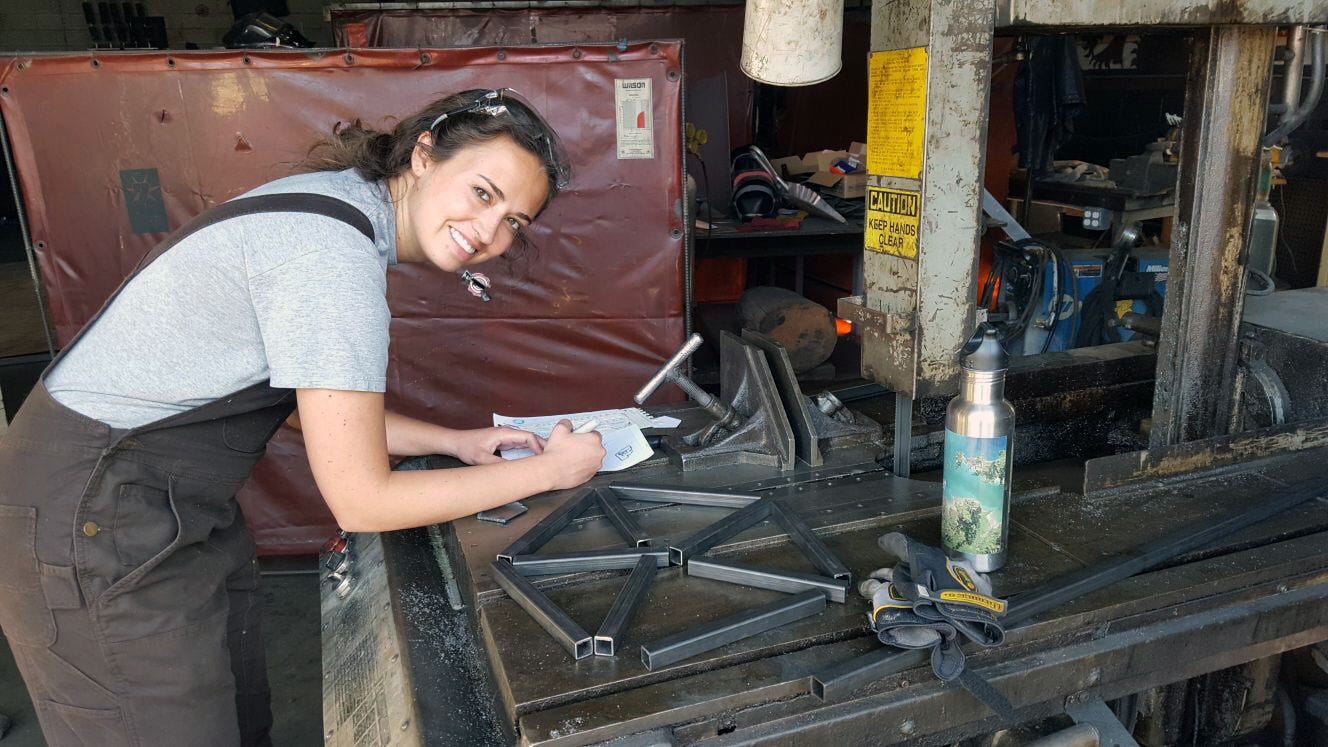Tips for Building a Successful Hardware Company
by: Kelly and Shaun Kinetic, Co-founders at Charm Industrial
Welcome to the wonderful world of hardware! We have gadgets and gizmos aplenty! If you’re here, you must be thinking of starting a hardware company. Come on in, we’ve left the phone off the hook so the CAD sales rep won’t bother us for a bit. Pick up a McMaster-Carr catalog and follow along as we tell you about the secrets to building successful hardware companies. In this article we’ll provide tips for building your team, being intentional about your approach to design and testing, and selecting partners in the hardware space.
Building a successful hardware company is about much more than just the success of your hardware.
Building a successful hardware company is about your team.
The term ‘hardware engineer’ has become a catch-all for the various specialized roles required to design a hardware project. Depending on the program, this could include mechanical, electrical, embedded software, RF, controls, or even combustion engineers. Within these specialties, those who thrive in the early startup space are a rare breed. It is a skill set rarely taught in typical university engineering education. Their work inherently requires more time on site, more travel, and more manual labor than any typical role. These engineers will literally go to the end of the earth to deploy hardware, often hand-carried in a Pelican case.
Recruiting is a top priority, and the last thing you want is for the hiring workload to fall to your engineers, overloading them and distracting them from important design work. Invest early in your hiring function to train recruiters and distribute the many supporting tasks. Asking applicants for a portfolio, or at minimum a photo of something they have built with a few descriptive sentences, is a great way to filter initial candidates. Invest time honing interview questions that screen not only for technical acumen, but also areas like creativity, comfort with ambiguity, and inclusion skills. Asking questions that dig in on a prior work example will shine more light on a candidate's ability to make design trades than asking trivia about easily referenced formulas.
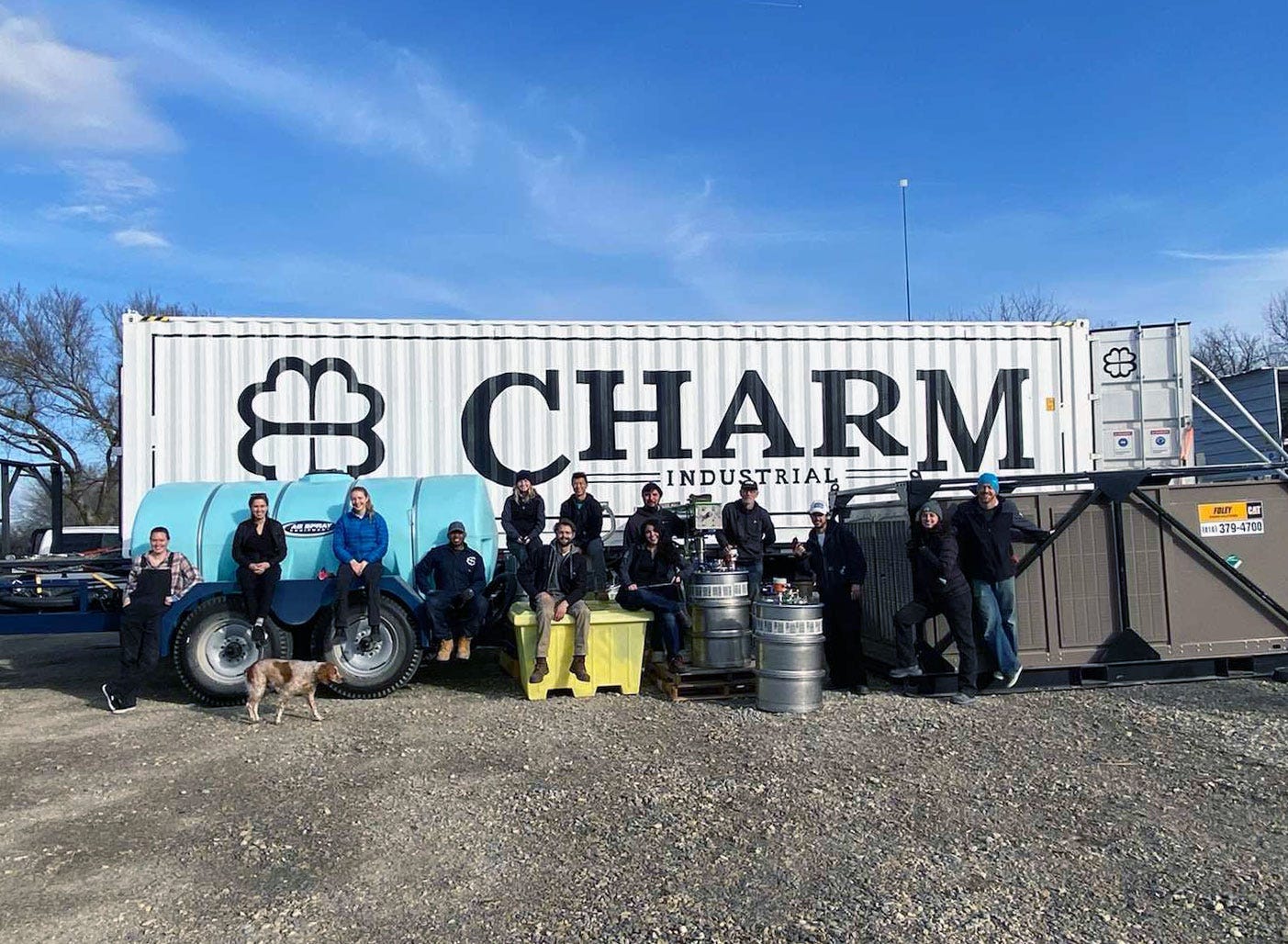
Your hardware startup needs full-time engineering generalists to move quickly but they, in turn, need intermittent access to experts. An expert consultant cannot be undervalued; they make that clear on their invoices. Find the ones who are mission-aligned, are eager to jump on a call, and who find genuine interest in your questions. Sometimes a 5-minute call can open new opportunities or save you weeks of work on the wrong path. Once you can guarantee 30+ hours of relevant work per week for the foreseeable future, hire your experts full-time.
Building a successful hardware company is about your approach to design and testing.
When building a hardware company, you are dealing with the physical world, governed by laws and constraints that are oversimplified by college textbooks. As such, expect the unexpected, and better yet, plan for it. Build time into your schedule to adapt and change course.
Safety is paramount. Build a culture of safety from the top and incorporate it into your test and facility design. There’s an alphabet soup of FMEA, HAZOP, etc, and a world of documentation for implementing each. Sure, they slow you down, but that’s, in a way, the point. These tools catch bizarre edge cases and even major oversights by brilliant engineers. Celebrate those who take safety seriously and be quick to dismiss employees who act carelessly.
Invest in ways to shorten your iteration cycles to get results faster and react more quickly to them. Design your prototypes and test infrastructure to be modular and easily upgraded. Keep an eye out for commercial off-the-shelf (COTS) solutions to avoid reinventing every wheel. Hire technicians and fabricators to speed up certain tasks for your engineers. And don’t be afraid to invest in capital-intensive equipment if it meaningfully reduces your test turnaround time.
When designing a prototype, think in advance about its goals and success criteria. Aligning on design constraints and requirements will save your team headaches, even if your confidence in those is low. Select and order your long lead parts as soon as possible. That component may constrain future design decisions but it’s better than nothing at all.
Once the prototype is finally built, test your hypothesis and collect critical information for the next revision. Ensure your tests are representative, with clearly laid out assumptions and known error bars on key data. A poorly designed or executed test does not reduce any risk for your product – nor does data collected but never analyzed. All that being said, be ruthless in downscoping to the minimum set of objectives to ensure your test campaign doesn’t continue beyond its useful end, delaying progress.
One common temptation in hardware is to prematurely advance in scale or production to move faster, but doing so often leads to the mere illusion of progress. Real progress is ensuring your design meets the engineering criteria rigorously and consistently before scaling up in size or manufacturing higher quantities.
Building a successful hardware company is about your partners and resources.
It’s going to take more time than you want, more money than you budget, more space than seems reasonable, and very careful planning… and replanning. This matters a great deal when communicating with your customers. Find early customers who are ready to weather the seas of development, and better yet, contribute feedback to better the product. Beware of overpromising or overselling with an early technology stack - it could cost you customer happiness, team morale, and brand reputation if things don’t go according to plan.
Due to the risk inherent in hardware development, you will often face tough permitting and regulatory requirements that can slow down implementation and testing. Build relationships early with the authorities having jurisdiction to make the process move more smoothly. Gather early information on what they expect from you, understand how they best communicate and learn to speak the language of their domain. While you may be able to navigate this on your own, support from a consultant or lobbyist can be impactful.
Finding investors and advisors who have worked in the hardware space before is critical. We can not emphasize this enough. You’ll want investors who have helped similar companies grow from prototype through commercialization. You’ll also want at least someone on your board who has designed, built, and deployed hardware projects of a similar scale to your ambitions. They will ask the right questions, and push you to be a better leader.
Building a successful hardware company is about having a clear mission and roadmap, and bringing people along.
Leadership is about more than articulating a vision. It is about telling a story that is consistent and meaningful for all involved. Your mission should be an unwavering North Star by which you guide your team.
While your mission is unchanging, your roadmap should evolve and adapt. Your responsibility as a leader is to chart the best path, and to ensure that your plan is strategic, sustainable, and real. As such, company goals must be ambitious but achievable. A team that has the opportunity to consistently achieve targets will be far more motivated than a team constantly perceived as falling short.
Your team is your most valuable asset. They are the sensors embedded within the complex system called your company and provide early warning of things out of alignment. A solid set of values and a foundation of psychological safety will ensure that they feel empowered to speak up when they see a better path. Your team will work more productively when they feel heard, valued, and respected.
While building hardware (and hardware companies) is particularly difficult, it is also incredibly fulfilling. It’s about taking on the physical world. Nothing is better than seeing something you’ve built be launched into space or remove carbon from the biosphere. Building hardware is about having every tiny fastener and component needed to make the newest contraption rumble into existence – all with a deafening cheer from an exhausted, but accomplished team of dreamers. Good luck, and enjoy the peaks and valleys.
🍿 The Lean Back
Learn about EcoSafi in the latest MCJ Startup Series episode here.
👩💻 Climate Jobs
For more open positions, check out the #j-climatejobs channel in MCJ Slack as well as our MCJ Job Board.
Municipal Partnerships Director at AMP Robotics (Remote/US)
Associate, Client Relations at Arcadia (Remote/US)
Environmental, Social, & Governance Manager at BasiGo (Nairobi, Kenya)
Production Operations Director at Charm Industrial (Fort Lupton, CO)
Senior Backend Engineer at Enode (Remote/Europe)
Director of Plant Transformation at Living Carbon (Washington DC)
Chief of Staff at Opna (London/Berlin)
Group Product Manager at Pachama (Remote)
Senior Manager, Revenue Operations at Runwise (New York, NY)
Senior Water Advisor at Waterplan (Remote/Japan)
Senior Software Engineer at Yard Stick PBC (Oakland, CA)
🗓 Climate Events
Click the event title for details & RSVP info. For more climate events, check out the #c-events channel in MCJ Slack.
🇫🇷 TONIGHT! MCJ Paris Social: Come network, socialize, meet new people and see familiar faces at our December meetup for all things climate and nature tech!
👋 MCJ Community Welcome Call: Connect, share and learn with the MCJ community. (Dec 8)
❄️ 2023 MCJ Boston Winter Party: Join us for the grandest winter party of the year, brought to you by MCJ Collective and J.P. Morgan. This event brings together like-minded climate enthusiasts from the Boston area for an unforgettable evening celebrating our collective passion. Join the waitlist here. (Dec 11)
🇬🇧 London Winter Party: Seven leading climate communities have teamed up to bring you the ultimate winter party! Places are limited. Reserve your spot here before it's too late and be a part of this vibrant end-of-year celebration. (Dec 12)
🇨🇦 MCJ Toronto Climate Series - Finance Your Sustainable Life: Final climate series of the year! Join the local climate community to network and engage around the topic of sustainable finance. Seats are limited. RSVP here. (Dec 12)
👩💻 MCJ x Climate People Career Advancement Meetup: A unique opportunity to learn from experts, build a strong community, and chart your path in the climate sector. This month’s focus is on creating, maintaining, and leveraging the relationships that will transform your career (Dec 13)
⚡️ MCJ AMA with Ari Matusiak - Rewiring America: Ari’s impressive background covers affordable housing, philanthropy, and the Obama White House. Check out his episode on the My Climate Journey podcast here and get your questions ready! (Jan 10)
The MCJ Collective Newsletter is a free weekly email curating news, jobs, My Climate Journey podcast episodes, and other noteworthy happenings in the MCJ member community.
💭 If you have feedback or items you’d like to include, feel free to reach out.
🤝 If you’d like to become an MCJ community member, apply today.
💡 Have a climate-related event or content topic that you'd like to see in the MCJ newsletter? Email us at content@mcjcollective.com



